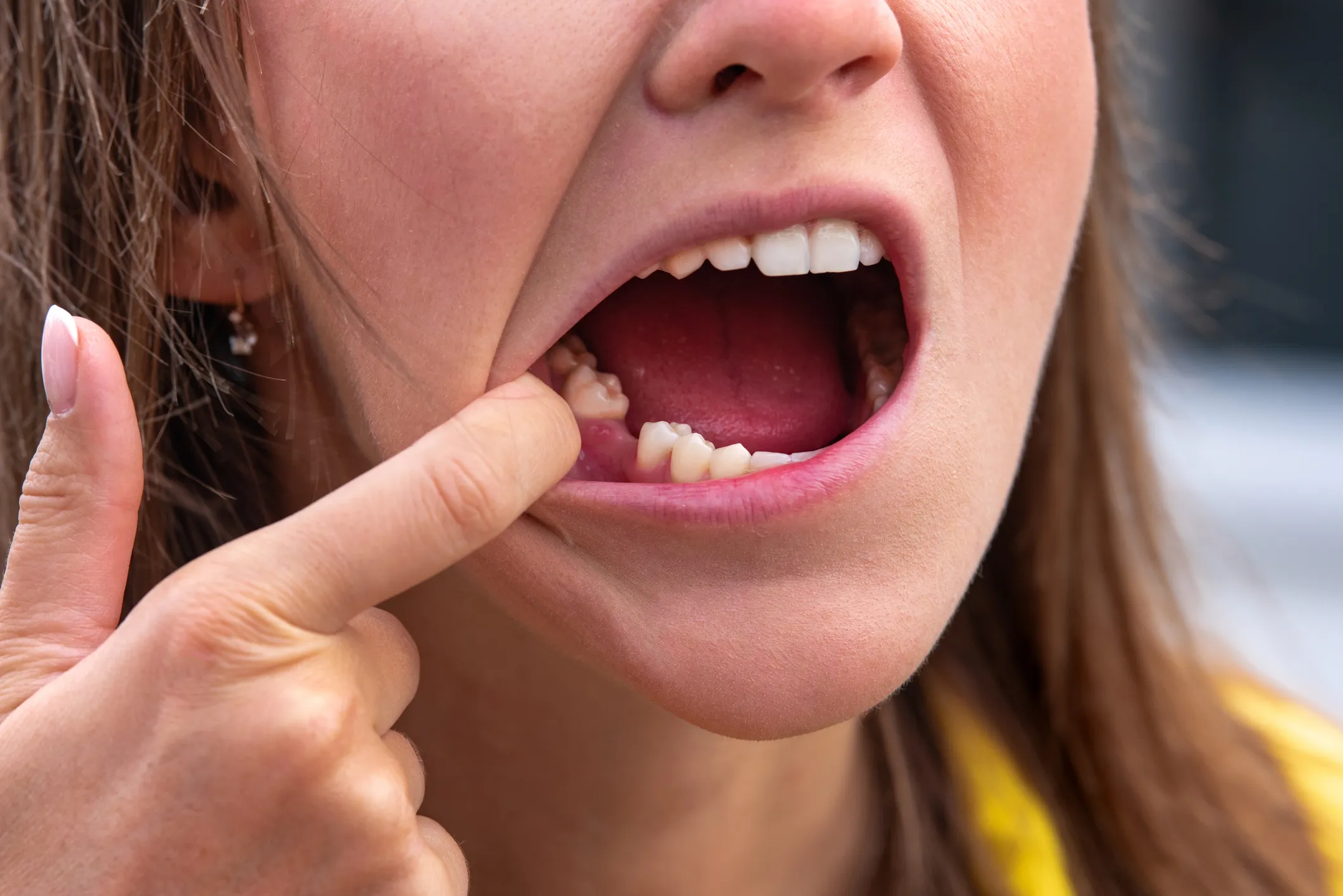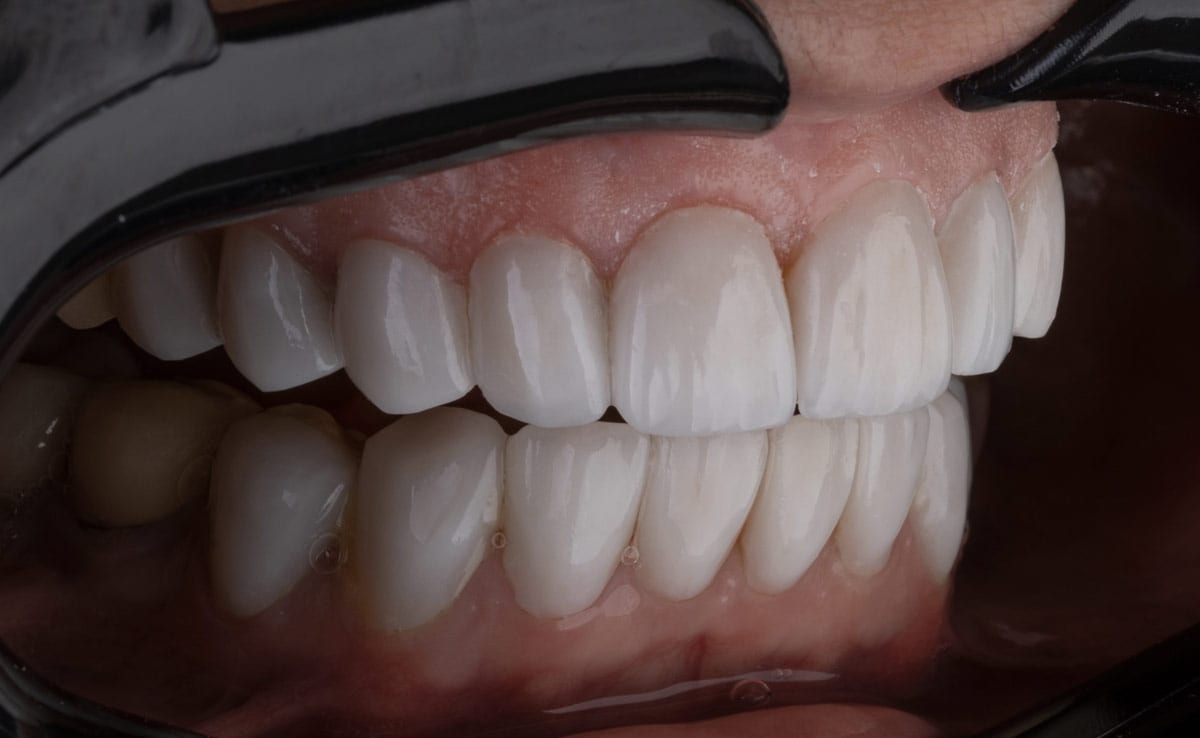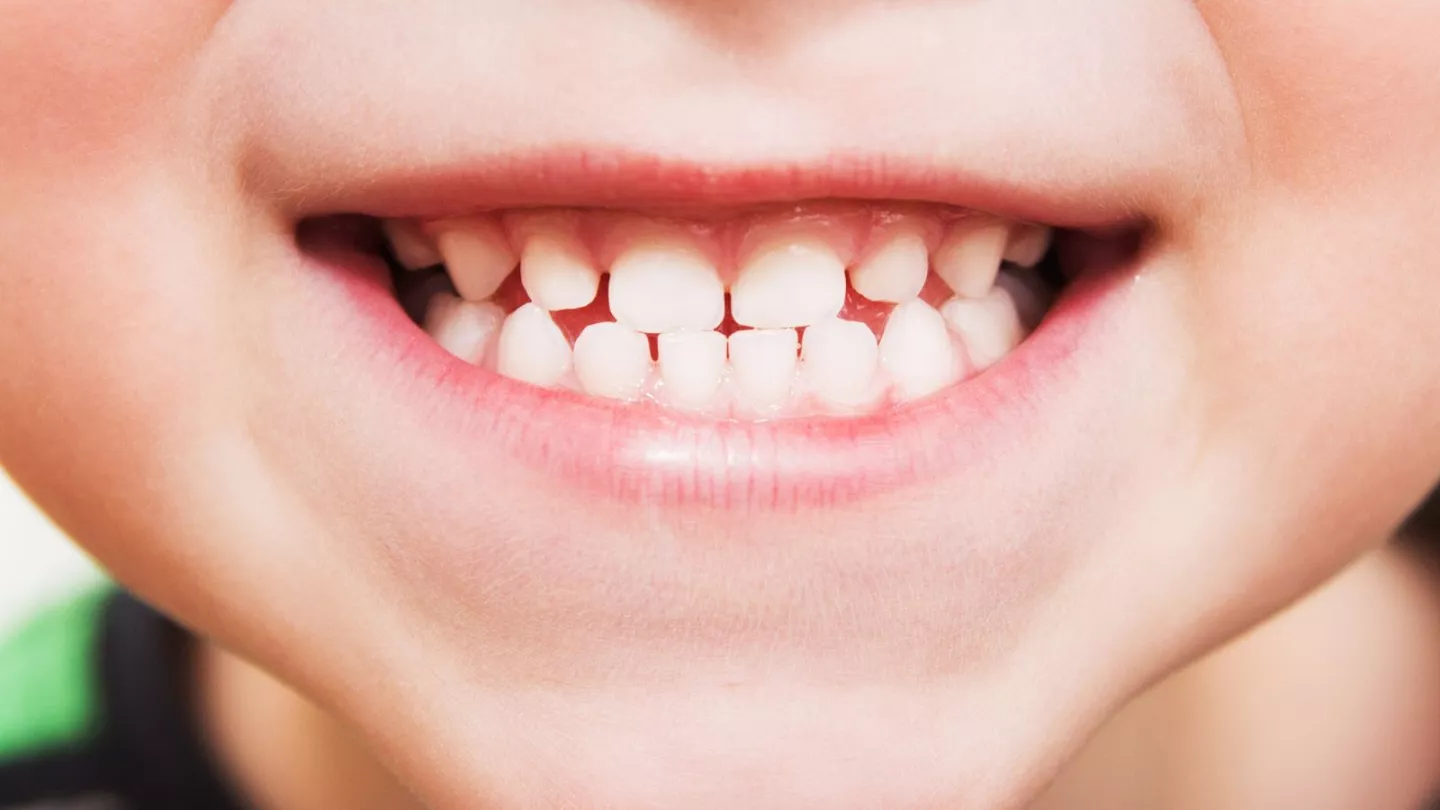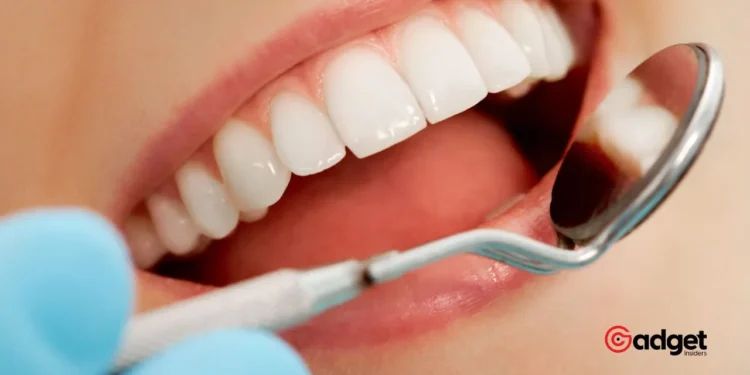In a groundbreaking advancement in dental medicine, researchers at Kyoto University Hospital in Japan are gearing up to commence the world’s first clinical trials for a “tooth regrowth medicine” in September 2024. This pioneering study, led by Katsu Takahashi of Kitano Hospital’s dentistry and oral surgery department, aims to bring hope to individuals suffering from congenital tooth deficiency—a condition affecting approximately 1% of the global population.

A Leap Forward in Dental Health: The Promise of Regenerating Teeth
The clinical trials, set to take place in Japan, are poised to explore the potential of a novel medicine designed to regenerate teeth in individuals congenitally lacking a full set of teeth. Initial tests will be conducted on healthy subjects missing at least one back tooth to ensure safety and observe the medicine’s effectiveness without risk. “We’re on the brink of a significant breakthrough in dental treatment that could benefit millions worldwide,” stated Takahashi during a press conference held in Osaka.
This first phase of trials will involve 30 male participants between the ages of 30 and 64, focusing on both safety and preliminary effectiveness. Researchers are optimistic, given that no major side effects were noted in prior animal studies.
“World's 1st 'tooth regrowth medicine' to be tested in Japan from Sept. 2024”
Unfortunately this has happened many times and we don’t hear about it: there are a number of examples of teeth regrowing as well as fingers. The technology is fascinating.
— Brian Roemmele (@BrianRoemmele) May 5, 2024
Addressing a Widespread Need: The Impact of Congenital Tooth Deficiency
Congenital tooth deficiency, particularly oligodontia, which involves the absence of six or more teeth, has long been a challenge in dental medicine. The condition not only affects aesthetics but also impacts the overall oral health and quality of life of those affected. The development of a tooth regrowth medicine represents a significant scientific stride towards addressing this issue.

“Patients with oligodontia and other forms of tooth deficiency have had limited options. This medicine could radically change their treatment,” Takahashi explained. The trials will expand in later phases to include younger patients, ages 2 to 7, who are missing multiple teeth from birth, offering a glimpse of hope for early intervention.
Innovating for the Future: Beyond Congenital Conditions
The mechanism behind the new medicine involves the deactivation of USAG-1, a protein known to inhibit tooth growth. This breakthrough suggests potential applications beyond congenital conditions, possibly aiding those who have lost teeth due to decay or injury. “Our ultimate goal is to make tooth regrowth a reality for anyone who needs it,” remarked Takahashi.

Japan’s Tooth Regrowth Trials: Anticipation Builds
As the community of dental professionals and patients watches closely, the anticipation for this treatment is palpable. “While no treatment has provided a permanent cure so far, the expectations for tooth growth are high. We aim to meet, if not exceed, these expectations,” Takahashi shared, reflecting the optimism and ambition driving this innovative project.
With the planned commencement of sales by 2030, the success of these trials could herald a new era in dental care—transforming the way dental professionals approach tooth loss and regeneration. This marks not only a milestone for those directly affected by tooth deficiencies but also a significant achievement in the broader field of regenerative medicine.










